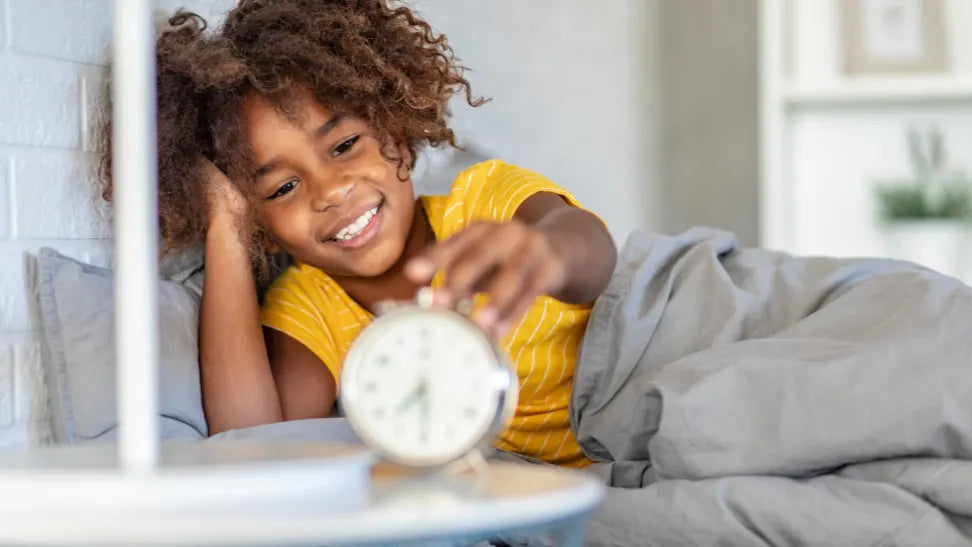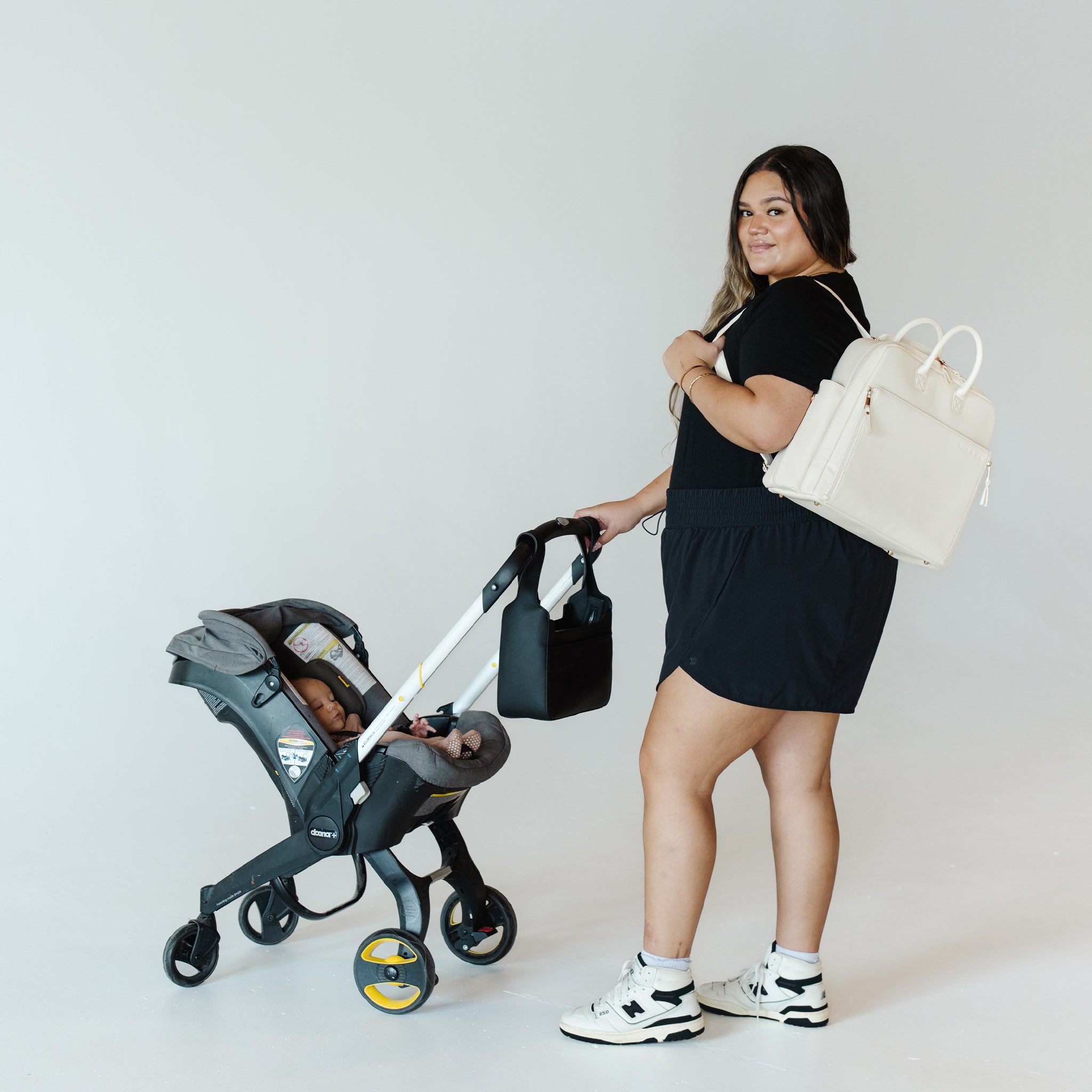
Adjusting to Daylight Savings with Kids
Daylight Saving Time is, simply, a one-hour clock adjustment starting in March and ending in November. However, did you know some studies have found an association between the transition to daylight saving time and traffic accidents, emergency room visits, and mood disturbances? Add children into the mix and your body’s circadian rhythm is definitely thrown off! We’ve found some helpful tips to make the time adjustment a little easier for everyone in your home.

from: Very Well Family
Gradually Adjust Your Schedule
In the week before daylight saving time, slowly shift your schedule. Try going to bed 15-20 minutes earlier each day. The same goes for naps, if you have children napping. You can also adjust other daily activities, like meals and exercise. Slowly making these changes the week before, can help you acclimate to the time change quicker.

from: Summit Kids Academy
Learn Relaxation Techniques
Using relaxation methods at any point, not just daylight saving time, is a great way to transition to sleep. However, using these techniques, while also gradually changing the time you go to bed, can help. There are many different techniques, and even some creative ways to introduce them to children.

from: CNN
Change Your Clocks Before Bed
While most cell phones and electronic devices change time automatically, you can change household clocks beforehand. Doing this can help stop any confusion about the actual time when you wake in the morning.

from: Sanford Health
Seek Out Sunshine
Try getting plenty of time in the daylight after the time changes. Light affects our internal clock and getting more light can help you feel less tired. Natural light is the best to help your body adjust, even on a cloudy day, natural light provides more than artificial indoor lighting.

from: Yahoo
Lighten Your Schedule
The evening before daylight saving time, try to get as much done before bed as possible. This will help you not scramble in the morning. Even days later, it can be helpful to get as much as your morning routine finished up the night before. This is especially helpful when you have children, as they will also be in a bit of fog in the morning.

from: Imperfect Life Balance
Re-adjust Your Night Routine

from: super kids nutrition
Eat Healthy
Try to stay away from food and drink that will keep you up late. Give yourself a 3 hour, at least, before bed cutoff for caffeine, chocolate, or alcohol. There isn’t one single diet proven to be the best for sleep, but try to keep your diet balanced with lots of fruits and vegetables.
Daylight savings doesn’t mean that you have to be a walking zombie while your body readjusts to the time change. Try implementing some of these tips to help you make the transition easier on yourself and your family. Daylight savings time can be a hard week, but some of these small tweaks in your routine can make it much easier.









